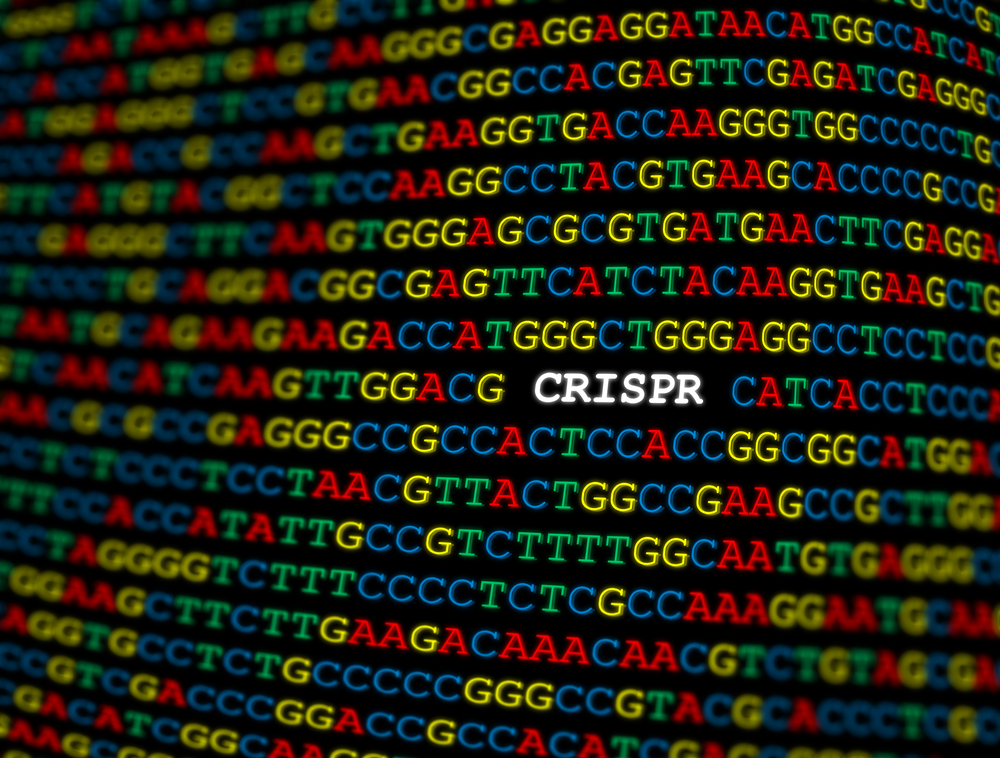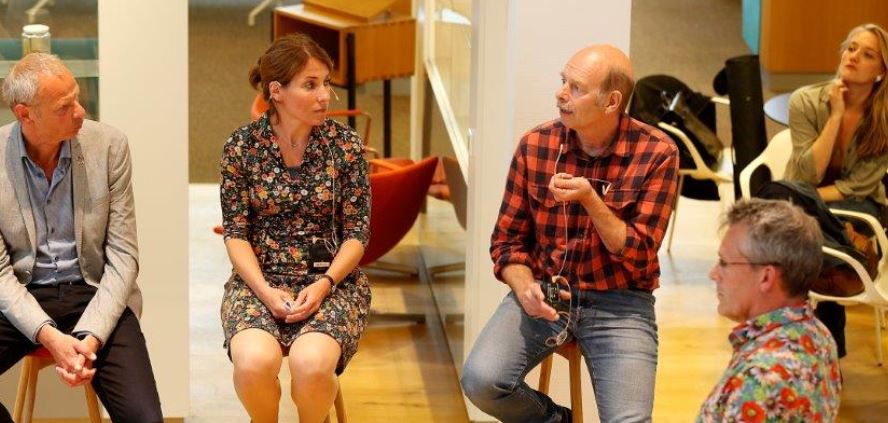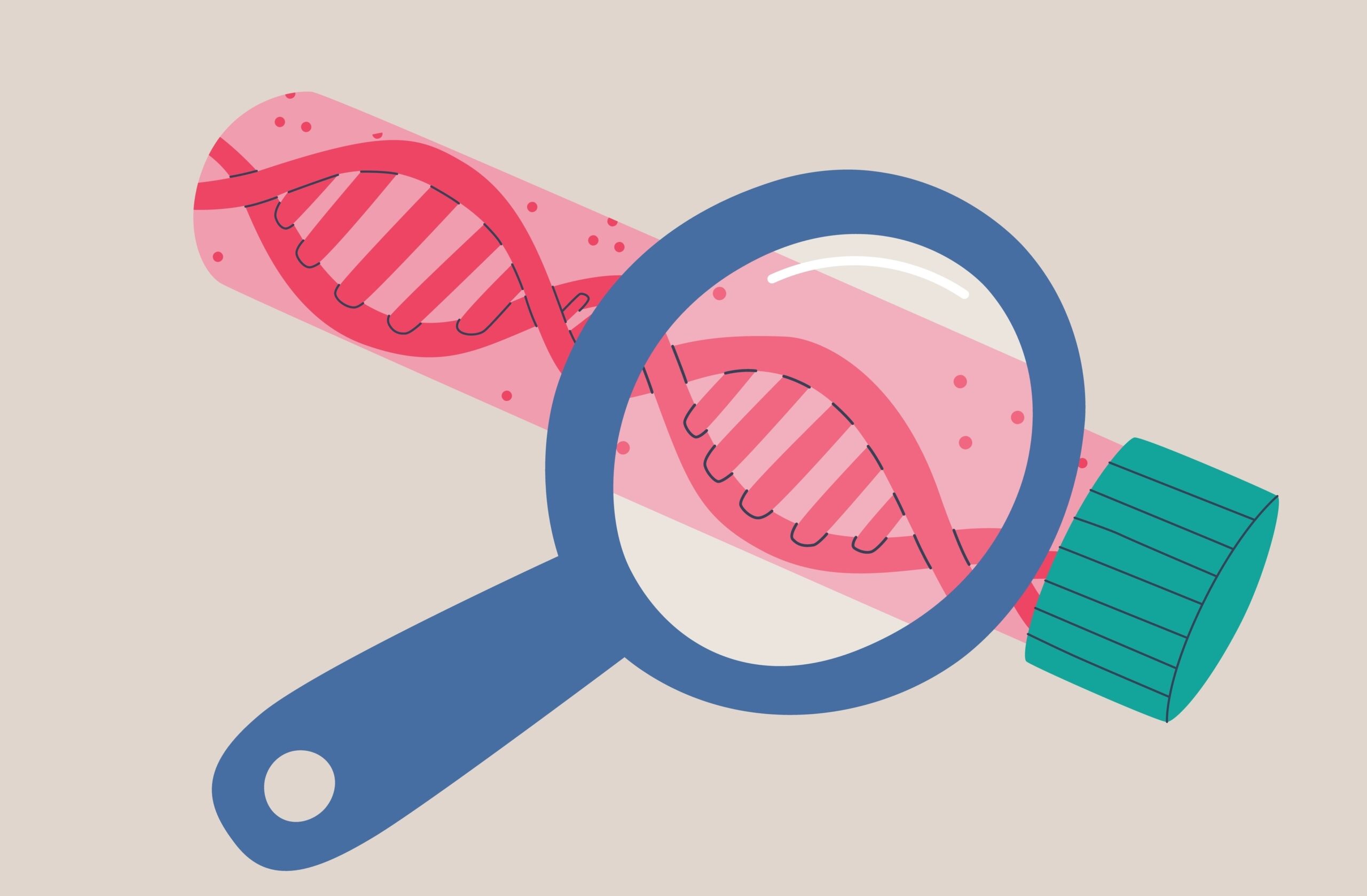WUR is to release licences for five CRISPR-Cas patents to non-profit NGO’s wanting to use the technology to improve the global food supply. Thus was announced by WUR president Louise Fresco last Monday. Will these five patents offer a sufficient level of technology for the NGOs to develop viable plans? Or will they require additional (expensive) patents?
This is not a matter that is easily explained, says Wageningen patent expert Paul van Helvert. WUR holds five patents in the so-called “Thermo-Cas-family”. WUR says these patents are independent. Meaning no additional patents are required to apply this technology. ‘Whether additional technology is needed that falls within other patents depends on the specific application’, says van Helvert.
Court cases
Moreover, the reach a patent has may be subject to change during the renewal procedure. Its independence must be continuously monitored. Another patent holder may feel differently and contest the scope of the Wageningen patents, possibly for purely strategic reasons. There are many incidents where disputes regarding CRISPR-Cas are settled in court. To date, no court cases have been initiated within this “Thermo-Cas-family”, but that may change.
Assessment
This may seem strange. After all, five patents were released. That, too, is more complicated than it may initially appear. WUR has submitted patent applications for the five patents in 14 countries, which amounts to 70 patenting procedures. This is necessary because patent legislation and the renewal procedures in, for example, the US, Europe, India and China differ. Some procedures have been finalised, while others are still pending. Patent procedures take many years, and even after all this time, a third party is still able to contest the patent. If you wait until the patent has been granted in all these cases, the first will already be up for renewal. So, patent holders and licensees enter into an agreement based on an assessed outcome to ensure that investments in further development are protected.
In summary: NGOs will be able to develop improved plants with the Wageningen patents alone until otherwise proven

 Photo Shutterstock
Photo Shutterstock 

